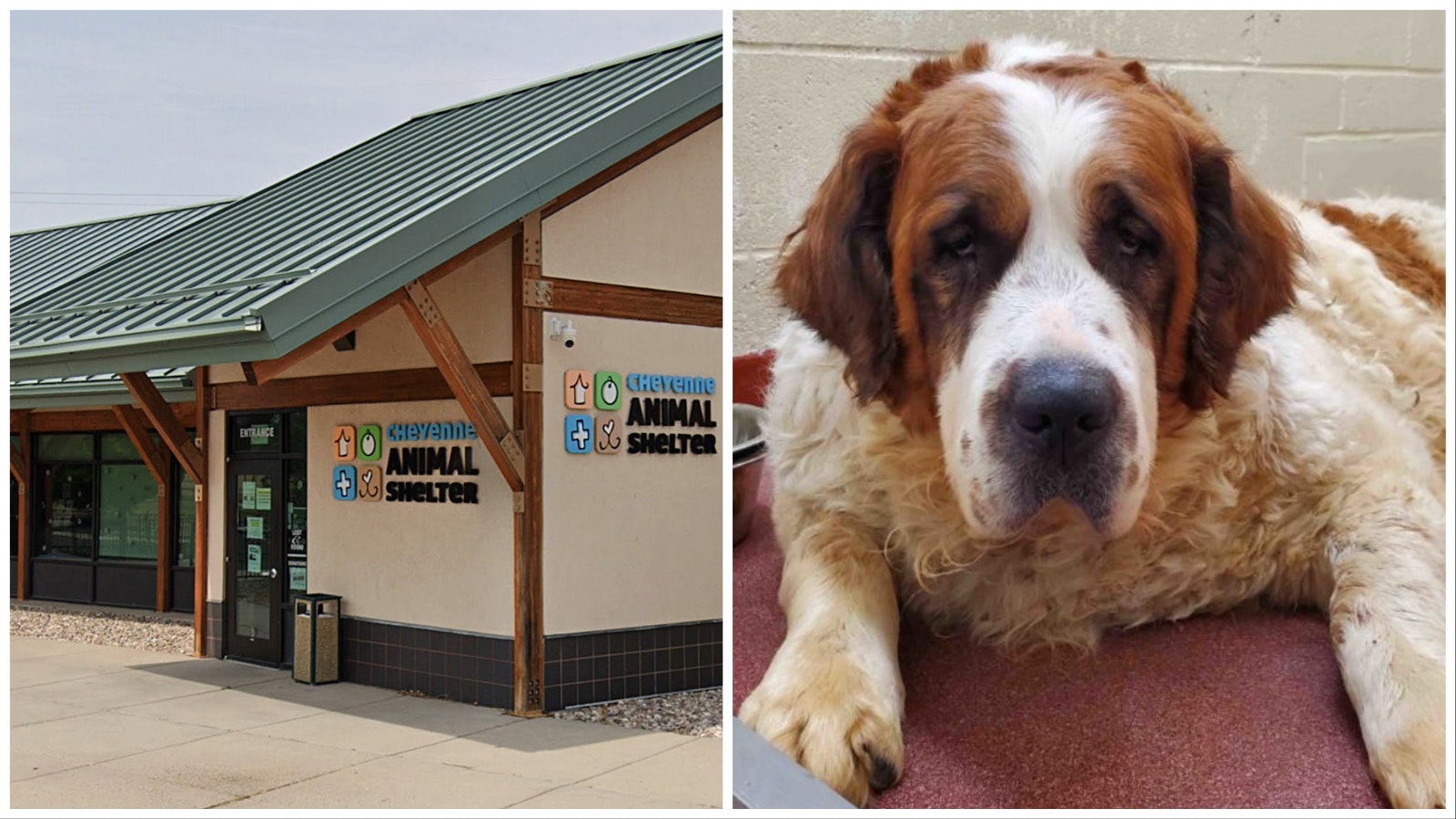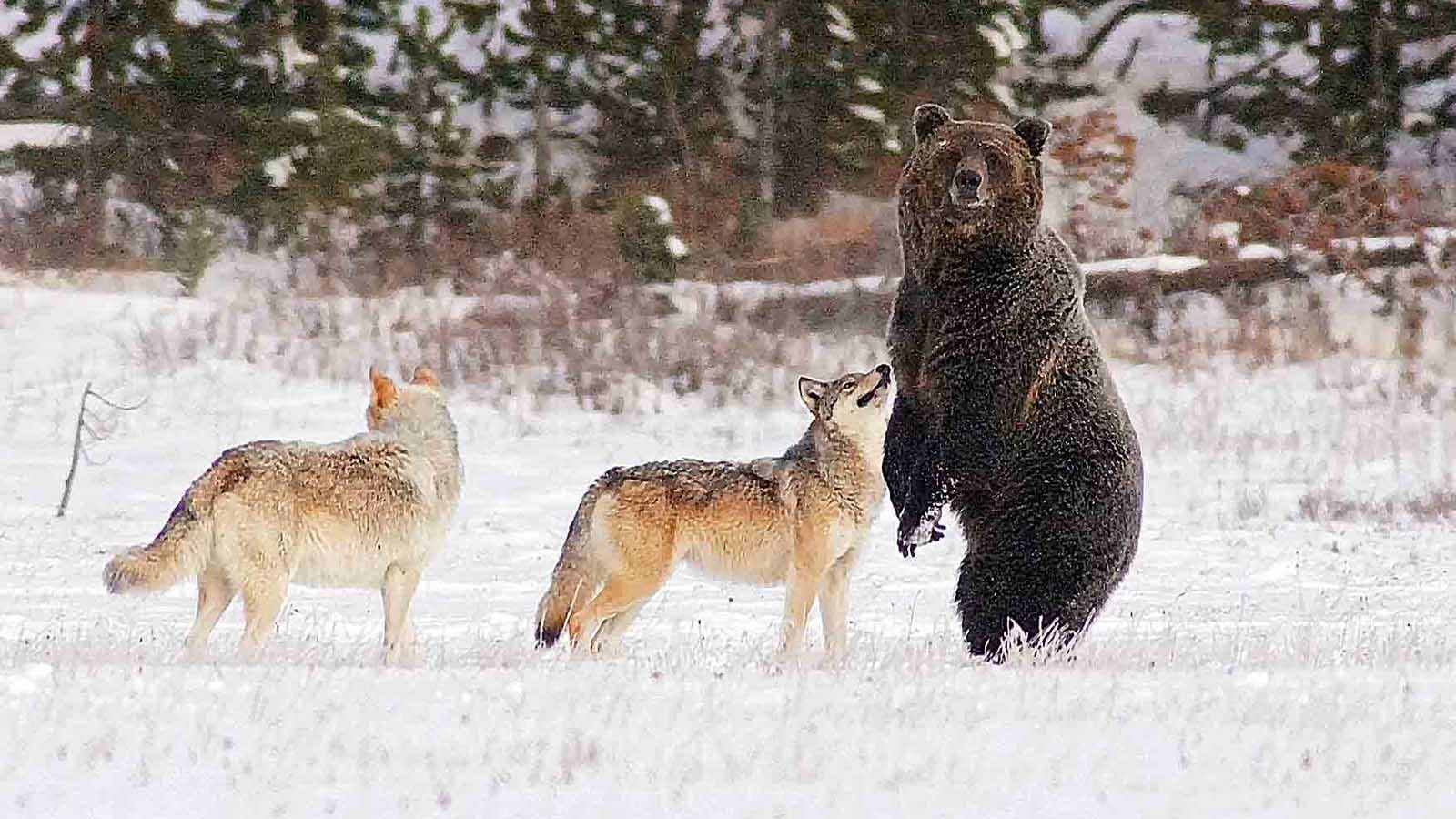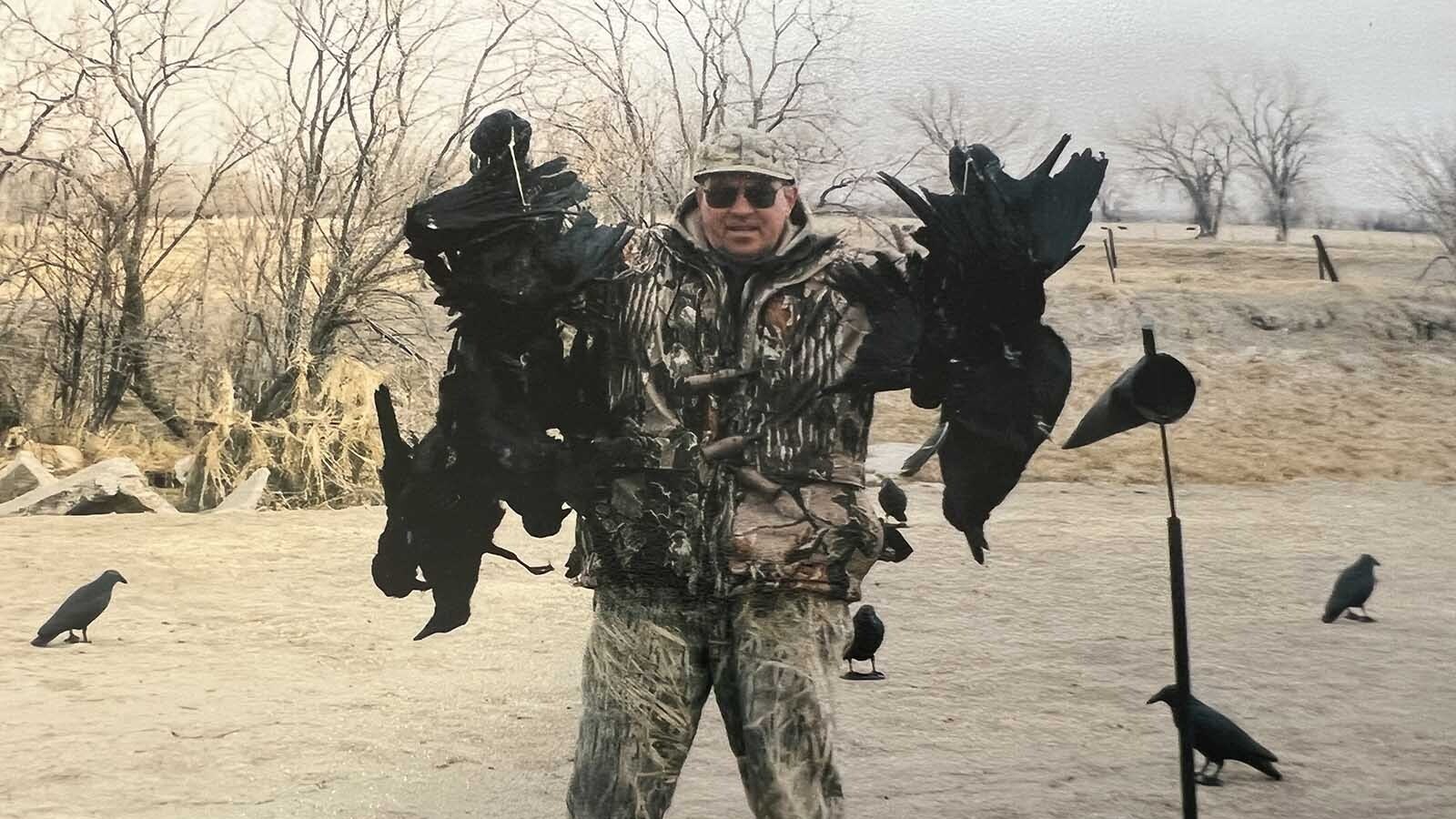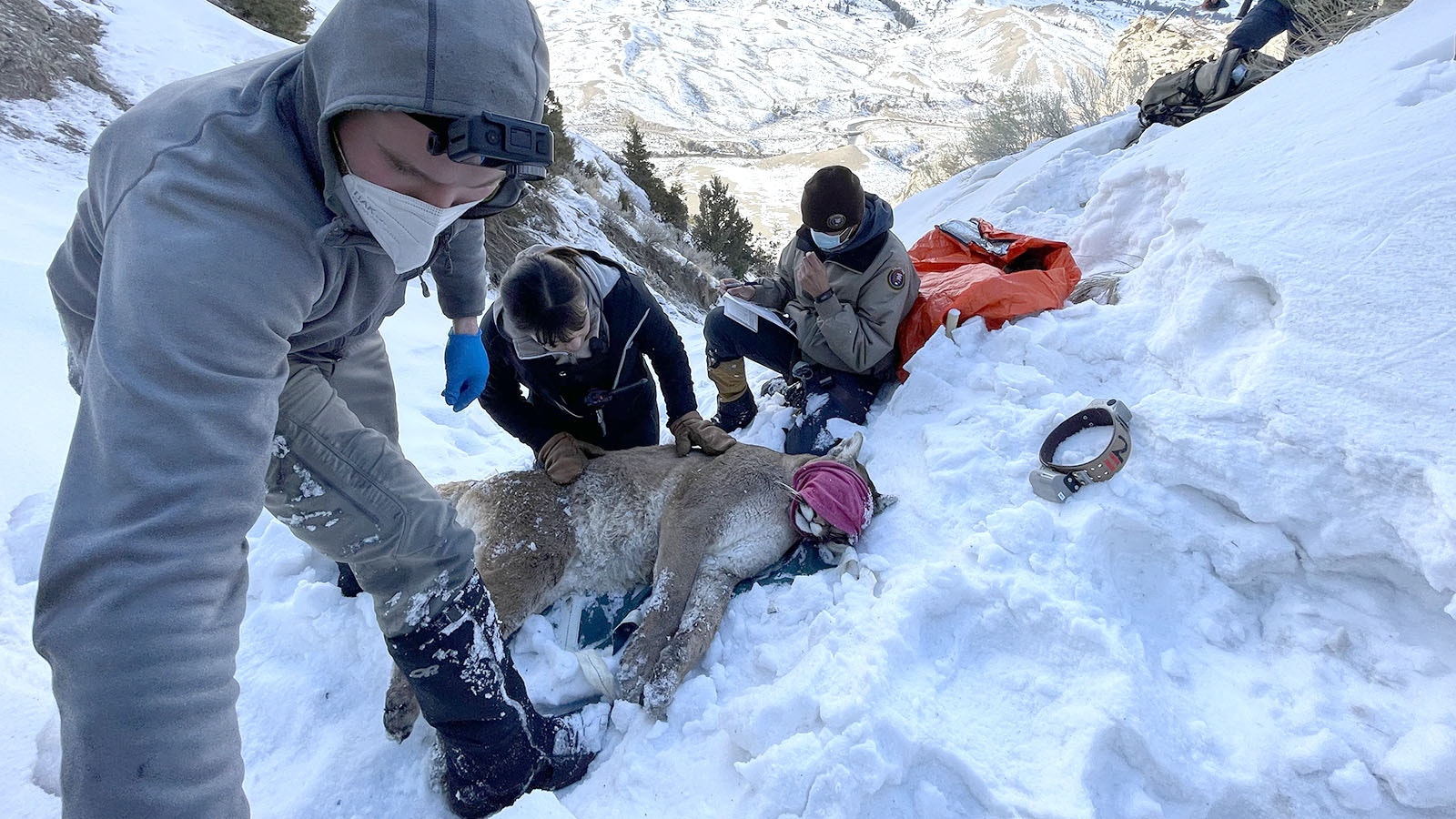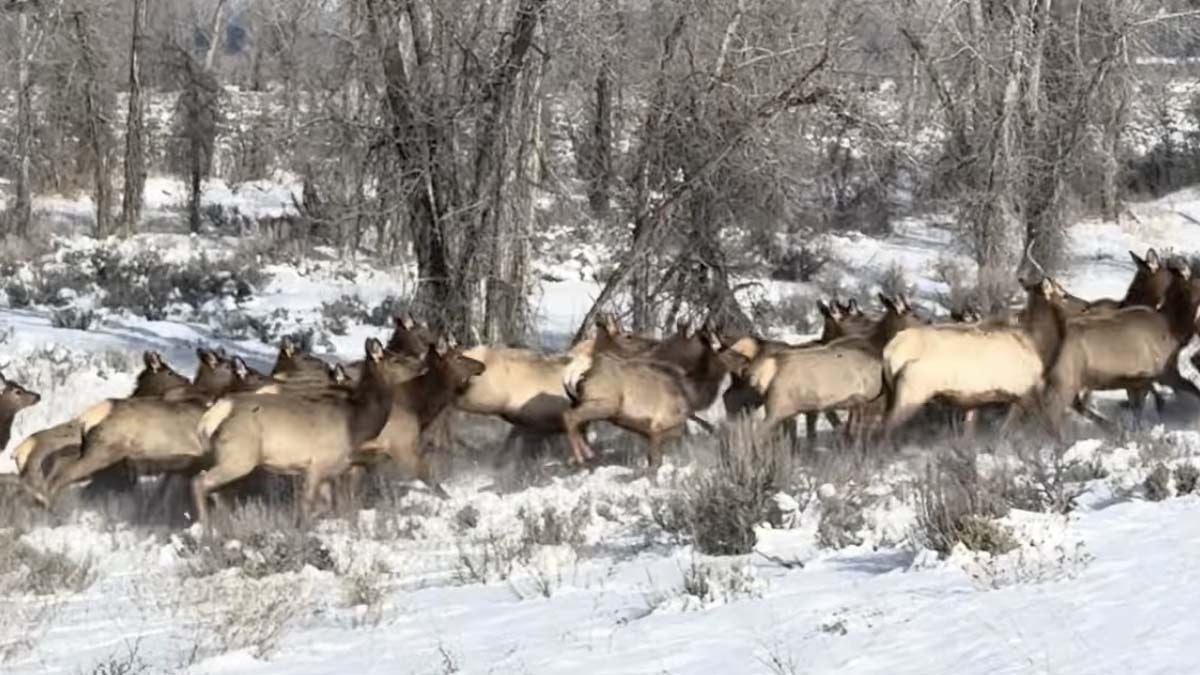By Clair McFarland, General Assignment Reporter
Clair@CowboyStateDaily.com
Citing diverging ideas about how taxpayers’ money should be used, Cheyenne and Laramie County are looking to cancel their 50-year partnership with the Cheyenne Animal Shelter.
Mayor Patrick Collins told Cowboy State Daily he believes the government entities can shelter animals for less money than the shelter charges.
Shelter representatives, however, say the move will set “the community back more than 30 years in animal welfare.”
Collins said the government entities sent the shelter a note Thursday indicating that the mayor will not be recommending the renewal of the contract, which is set to expire June 30.
“We’ve had a relationship since 1973 with the animal shelter and, in my opinion, it’s been a good one,” said Collins. “But in the last couple years I think we’ve had a fundamental difference.”
Social Services
Collins said the shelter has been expanding to myriad “social services” beyond simple animal sheltering.
He listed a few of these, such as vet services for low-income pet owners, animal behavioral services, boarding services for pet owners in the hospital, emotional support animal training, euthanasia and crematory services for low-income pet owners.
“I love that focus, but I’m not sure that’s something government should be paying for,” said Collins, adding that he believes the shelter’s associated nonprofit groups should be funding its social services.
He said the shelter’s use of public money isn’t adequately explained.
“This is the only contract I can think of, that I can’t tell you how our tax dollars are being spent,” he said.
Care And Enrichment
The shelter defended its position in a Thursday press release.
“Serving as the community’s only open-intake animal shelter requires so much more than simply warehousing an animal for 3-5 days,” the statement says.
The statement says that shelter leaders believe it’s a “reasonable inference” from elected officials’ comments that the city’s shelter won’t have a vet on staff, won’t have a spay or neuter option, won’t accept owner-surrendered pets or deploy “proactive adoption programs.”
“There will be no behavioral care or enrichment,” the statement alleges.
Doubling Costs
The cost to house animals has more than doubled in the past three years, Collins said, from a pre-COVID-19 figure of about $320,000 to this year’s bill of $800,000.
The shelter is projecting that in the next couple years, its bill could swell to $1.75 million, Collins said.
At A Loss
Even at $800,000, the shelter says it has operated “at a deficit” for more than 10 years, and its services cost closer to $1.3 million.
Last year the shelter handled a 64-dog hoarding case without euthanizing any dogs, the statement says. It also led a “months-long effort to control a community-wide outbreak of feline panleukopenia,” a contagious and often fatal disease.
“There is no one better equipped to care for these animals, nor anyone more dedicated to their welfare than we are,” said shelter CEO Britney Tennant in the statement. “We would like to continue providing these services through the contractual agreement and are surprised these elected officials have opted to take this action without any discussion with us and without seeking public input.”
Collins, however, said the shelter’s board has been adamant about growing its services despite government concerns for “the last few years.”
“They’ve said, ‘This is our plan, this is what it costs, and if you guys don’t like it you need to do your own,’” he said. “And unfortunately we’ve come to the conclusion we need to do our own.”
‘To Try And Find Loving Homes’
While the shelter said it’s “extremely unlikely” the city and Laramie County can provide “equivalent services” for less money than the shelter does, Collins was optimistic that the project would go well.
He said there’s a pending lease for a 9,500-square-foot building on South Greeley Highway to house the roughly 120 animals that Cheyenne Animal Control gathers each month.
“We’ll have a staff of five to take care of those animals,” Collins said, adding that the entities hope to reunite as many animals with their owners as they can, and work with humane societies and other organizations in the region “to try and find loving homes for them.”
Collins said the government entities may develop a coupon program with local vets to provide spay and neuter services.
“That would also support local small businesses,” he said.
Collins expects the project to cost about $750,000 per year.

